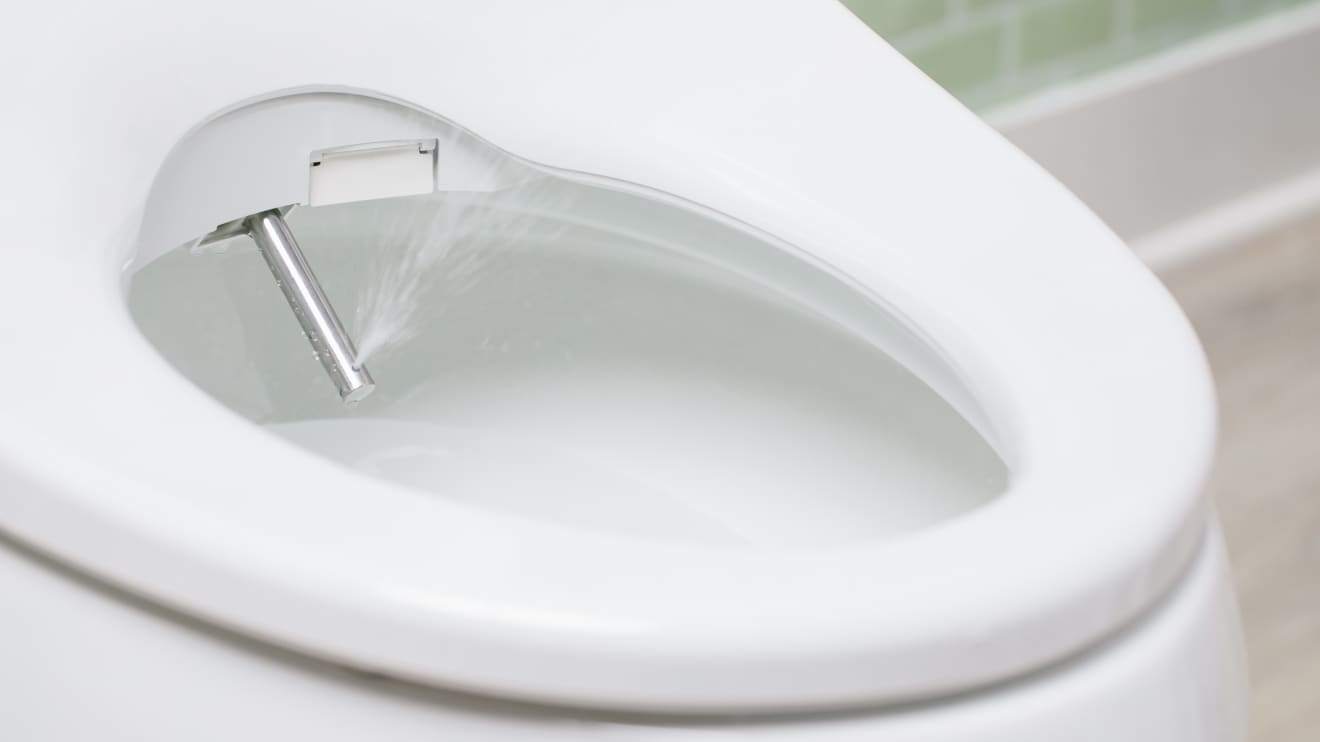This post was originally published on this site
Like many Americans, Kathy Salmanson was frustrated last year when she couldn’t find toilet paper at her local supermarket or elsewhere. “I couldn’t even get anything on Amazon,” recalled the 75-year-old Georgia resident.
But frustration gave way to relief when Salmanson’s son purchased her a bidet, which significantly reduced her reliance on toilet paper. Moreover, Salmanson discovered she actually preferred using a bidet — in her case, a model from Tushy, a company that has been one of the newer entrants in the market. “It really gets you clean,” she said.
Salmanson’s story is a typical one. During the early days of the pandemic, when supply-chain issues and panic buying resulted in shortages of toilet paper, bidet companies saw a huge uptick in demand, with several reporting at least a tenfold increase in sales.
Now, more than a year later, these companies say sales have declined from that peak to a certain extent, but are still much higher than before the pandemic. And sales are getting yet another boost with a new wave of toilet-paper shortages, some companies say. Last month, Costco
COST,
announced it would have to ration the household staple again.
Moreover, the bidet companies say the toilet-paper shortages may have sparked a more permanent potty revolution, with Americans finally embracing a bathroom fixture that is common in parts of Europe and Asia.
In short, the bidet boom is no longer just a byproduct of the pandemic, said Miki Agrawal, Tushy’s founder and chief creative officer. “It’s absolutely a culture-shifting thing,” she said.
The U.S. market remains a prime one for bidet manufacturers to target because there’s plenty more room for sales growth, even with the boom of the last 18 months. Steven Scheer, president of Brondell, a company that makes bidets and other products, says at least 85% of U.S. homes lack a bidet, based on his in-house research. Others in the industry put the percentage even higher.

An Omigo bidet in action. Some bidet manufacturers reported a tenfold increase in sales during the pandemic, fueled in part by toilet paper shortages.
Omigo
The obvious appeal of the bidet is the cleanliness factor that customers like Salmanson cite. Manufacturers say once consumers are convinced to try a bidet, there’s almost no going back to toilet paper (other than using it as a last step in the post-bidet drying process).
“When we get a customer, it’s a customer for life,” said Scheer.
Product innovation has also made bidets more appealing and affordable. If you think of bidets strictly in terms of the freestanding, wash basin-style, models that sit next to a toilet, you are decades behind the times. While such models still exist, these days manufacturers are touting what amounts to add-on bidets — gizmos that go atop a toilet seat or replace the seat and perform the same cleansing function. In their simplest form, they can run under $100, though more fanciful electronic versions, some with heating elements for your posterior, can easily top $500.
Those with bigger budgets can buy a whole tricked-out toilet with a built-in bidet. These models, which are especially popular in Japan, can cost up to $10,000, according to James Lin, an executive with BidetKing.com, a retailer that sells many makes of bidets, including its own Alpha brand.
Even before the pandemic, another factor likely driving bidet sales has been concern for the environment. By curbing the reliance on toilet paper, bidets effectively promote a more sustainable way of life — one that doesn’t require chopping down countless trees to produce bathroom tissue, bidet manufacturers assert. The toilet-paper issue has also been raised by environmental activists — or to quote the headline of a blog post from the Natural Resources Defense Council (NRDC): “Toilet Paper Is Driving the Climate Crisis with Every Flush.”
What’s key to the bidet boom, manufacturers and retailers say, is marketing the product with a degree of honesty and humor. In other words, there’s no hiding behind — pun intended — what a bidet is about.
To that end, Omigo, another relatively new bidet company, has a series of comical videos, including one with a Crocodile Dundee-style character who touts that the bidet is “perfect for taking good care of your down-unders.”
Thomas Lotrecchiano, one of the company’s founders, says such an approach is only natural.
“Poop is inherently funny,” he said. “You’re going to have to make jokes about washing your butt.”

